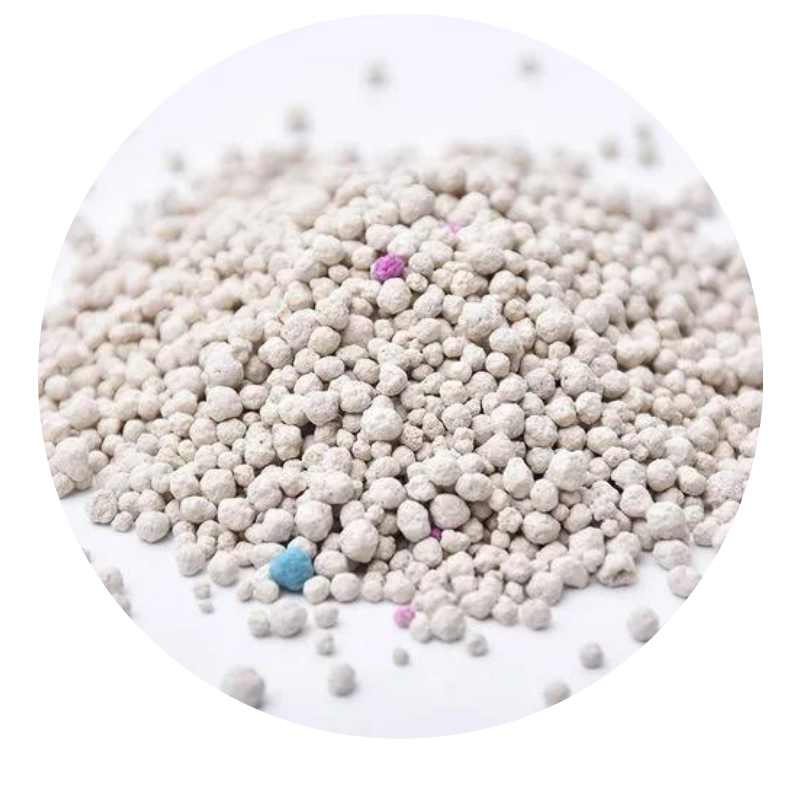
zeolite product
Exploring the Diverse Applications and Benefits of Zeolite Products
Zeolites are naturally occurring or synthetic mineral structures that are characterized by their unique porous frameworks. These frameworks consist of aluminum, silicon, and oxygen, forming a three-dimensional crystalline structure that can trap and exchange ions, making zeolites incredibly versatile materials. The growing interest in zeolite products has surged in various industries, ranging from agriculture and environmental remediation to water treatment and pharmaceuticals. In this article, we delve into the diverse applications and benefits of zeolite products, highlighting their significance in modern science and technology.
1. Agriculture Enhancing Soil Health
One of the most promising applications of zeolite products is in agriculture. Zeolites improve soil health by enhancing nutrient retention and water-holding capacity. Their porous nature allows them to absorb and slowly release essential nutrients such as potassium, ammonium, and phosphorus, reducing the need for chemical fertilizers. This not only promotes sustainable farming practices but also minimizes the negative environmental impact that excessive fertilizer use can cause, such as waterway pollution.
Moreover, zeolite can help improve soil aeration and reduce soil compaction, which enables better root development and enhances crop yields. Farmers are increasingly turning to zeolite products as a natural way to boost productivity while maintaining soil quality.
2. Water Treatment Filtration and Purification
Zeolite products are extensively used in water treatment applications due to their exceptional ion-exchange properties. They effectively remove contaminants such as heavy metals, ammonium, and toxins from wastewater and drinking water. Their ability to trap and exchange harmful cations makes zeolites an ideal candidate for water purification processes.
For instance, zeolite filters are employed in municipal water treatment facilities, aquaculture, and private water systems to ensure clean and safe water for consumption and other uses. The lightweight and easy-to-handle nature of zeolite makes it a preferred choice for filtration systems. Furthermore, the use of zeolite in water treatment processes can significantly reduce the amount of chemical agents required, thereby decreasing the overall cost of water treatment and minimizing environmental risks.
3. Environmental Remediation Addressing Pollution
The applications of zeolite products extend into environmental remediation, where they play a crucial role in combating pollution. Due to their high ion-exchange capacity and adsorption qualities, zeolites are effective in retrieving heavy metals and other pollutants from contaminated soils and waters.
zeolite product

One notable example is the use of zeolites in the cleanup of oil spills. By absorbing hydrocarbons and other organic pollutants, zeolites help restore contaminated areas more effectively and sustainably. Additionally, zeolites have been employed in the remediation of sites affected by hazardous waste, providing a more environmentally friendly alternative to traditional cleaning methods.
4. Pharmaceutical Industry Drug Delivery Systems
In the pharmaceutical sector, zeolites are being explored for their potential use in drug delivery systems. Their unique structures can encapsulate drugs and control their release, allowing for targeted and sustained therapeutic effects. This feature is particularly beneficial for medications that require prolonged release profiles or localization to specific tissues.
Research is ongoing into the use of zeolite-based carriers that enhance the solubility and stability of drugs, thus improving their bioavailability. The effectiveness of zeolites in this capacity offers exciting possibilities for developing advanced pharmaceuticals, highlighting the material’s relevance in modern medicine.
5. Building Materials Sustainable Construction
Zeolite products are also gaining traction in construction materials. By incorporating zeolites into concrete and cement, builders can lower the environmental impact of construction projects. Zeolites help enhance the strength and durability of building materials while reducing the amount of cement required, which is beneficial given that cement production is a significant source of carbon dioxide emissions.
The lightweight properties of zeolite also contribute to more energy-efficient construction practices, making them a valuable asset in sustainable architecture. The use of zeolite-infused building materials aligns with global efforts to minimize carbon footprints and promote greener building practices.
Conclusion
In summary, zeolite products demonstrate immense potential across a variety of industries, showcasing their versatility and efficacy. From enhancing agricultural productivity and purifying water to facilitating environmental remediation and developing advanced pharmaceuticals, the applications of zeolites are extensive and impactful. As research continues to expand our understanding of these remarkable materials, zeolites will play an increasingly central role in fostering sustainable solutions to some of the world's most pressing challenges. Their multifaceted benefits make them indispensable in advancing various fields and improving quality of life globally.
Share
-
Premium Pigment Supplier Custom Solutions & Bulk OrdersNewsMay.30,2025
-
Top China Slag Fly Ash Manufacturer OEM Factory SolutionsNewsMay.30,2025
-
Natural Lava Rock & Pumice for Landscaping Durable Volcanic SolutionsNewsMay.30,2025
-
Custom Micro Silica Fume Powder Manufacturers High-Purity SolutionsNewsMay.29,2025
-
Custom Mica Powder Pigment Manufacturers Vibrant Colors & Bulk OrdersNewsMay.29,2025
-
Custom Micro Silica Fume Powder Manufacturers Premium QualityNewsMay.29,2025






